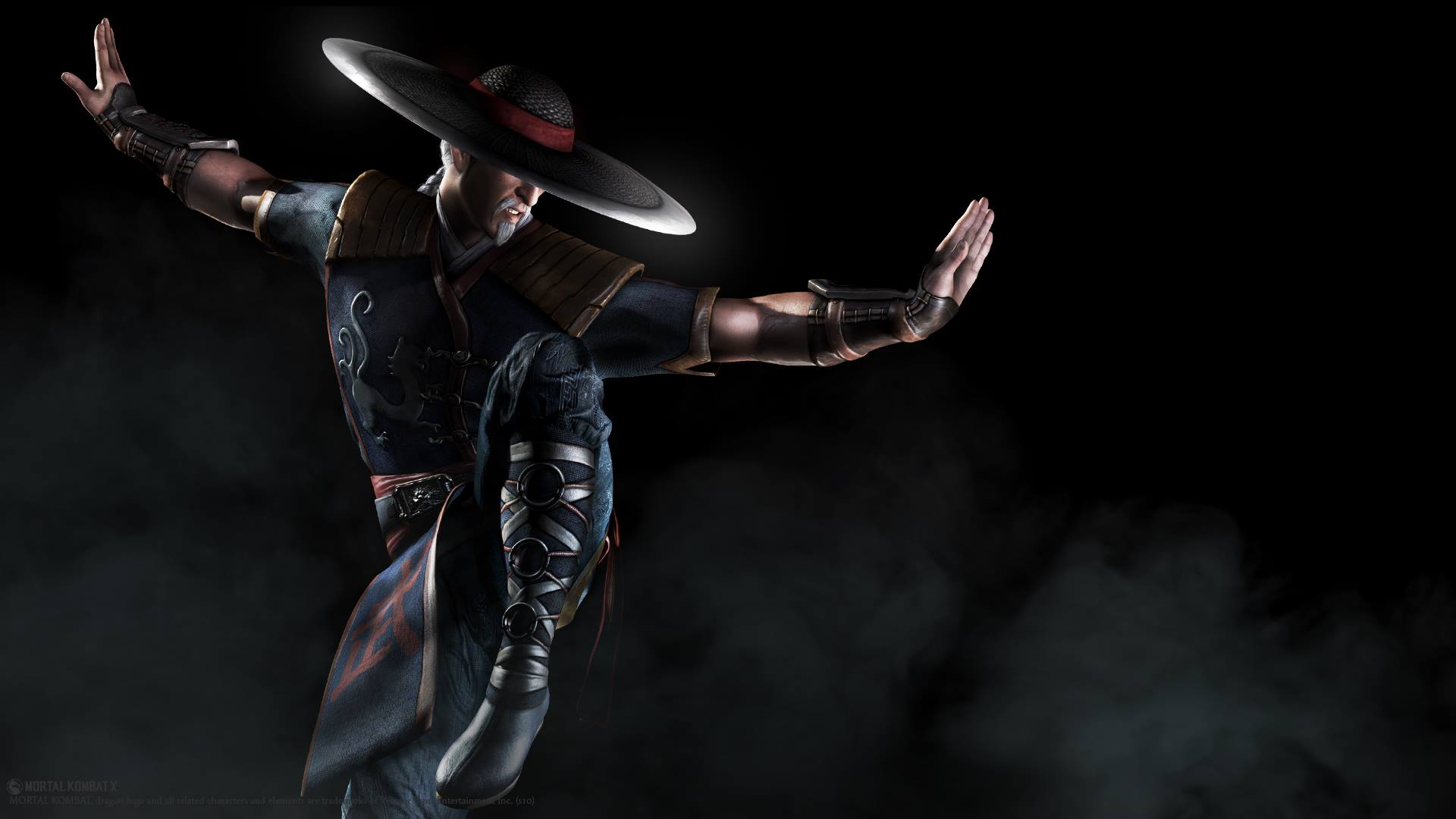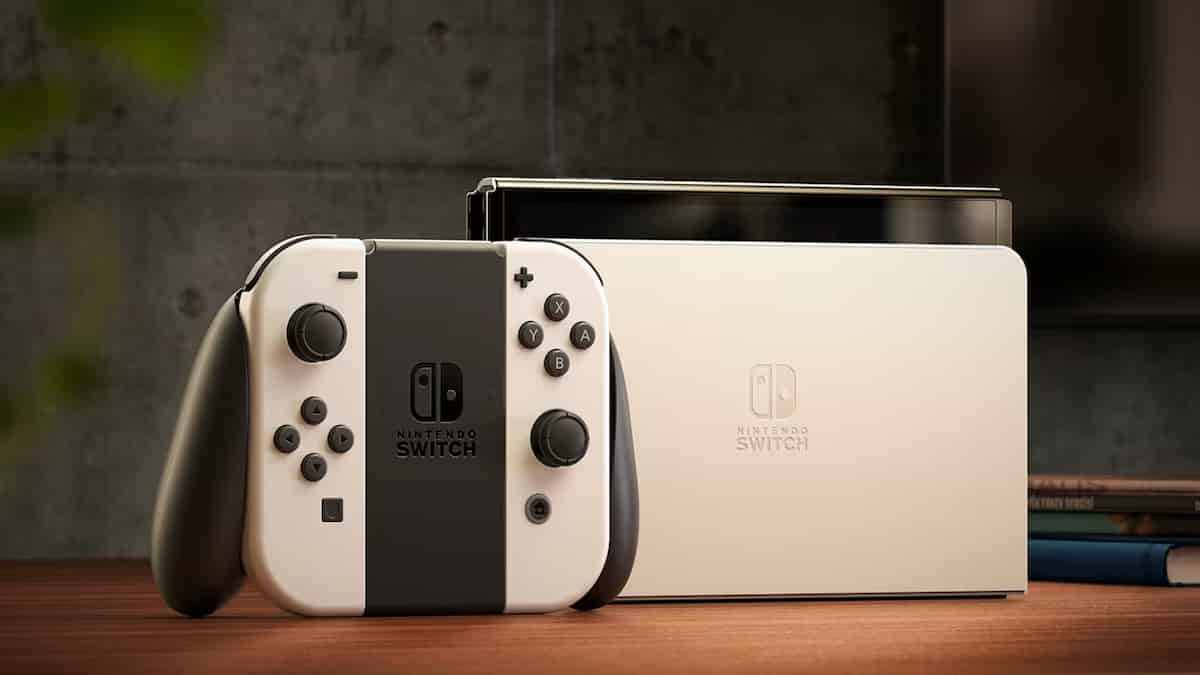
What Makes a Coach?
When the concept of coaching was introduced into the League of Legends scene, there was a general consensus that a coach should have a high ranking in soloq. Now, teams are more lenient and believe that game knowledge and general analysis are sufficient. In the current state, most teams are hiring individuals who have a passion for League and some insight into the game, but lack the necessary coaching qualities. However, as we have recently witnessed, coaches such as Scarra, Souldra, and Elementz, lacked the necessary skillset that is expected of a professional coach in a competitive setting.
This outcome is not surprising when you compare the esports coaching system to that which exists in traditional sports. This article will serve to assess the differences between esports coaches and coaches in traditional sports, in order to identify the difficulties in locating and developing coaching talent.
Age and Maturity

LCS coaches are usually in the same age group as their players. Teams do not really factor in age when assessing a coach’s application. Recently, however, CLG posted requirements for their open coaching position. To be eligible, an applicant must be 25 years of age or older. While, it is easy to patronize CLG’s management for this requirement, there are merits to having an older coach.
In traditional sports, the first apparent observation is the coach’s age. Coaches are older and more mature than their players. Maturity makes it much easier to command and lead a group because there is a psychological assumption that our elders are wiser. In Korea, esports coaches are also a few years older than their players. More importantly, Asian culture strictly promotes respect toward elders (even if they are 1 or 2 years older). This concept is not prevalent in the West.
Now age may not seem to be a problem from the outset, but when an argument takes place, players feel more comfortable in undermining the coach (e.g. Bjergsen vs. Locodoco, Leviathan). A player must understand the coach’s role as an authority, and higher management must reinforce this concept, or else the hierarchical structure falls apart. Thus, hiring older, more mature coaches would help simplify this hierarchy.
Coaching Licenses and Education
Within traditional sports leagues, coaches are required to be certified with a coaching license by taking a coaching course. These courses tend to take several months and include work shops and online learning. The course covers topics on player management, sports psychology, tactics, video analysis, and more. These are important skills that prepares a coach for an upcoming role and it also increases a coach’s credibility. This process also helps coaches develop their own system and style of play that can be understood, respected, and followed.

While coaching licenses do not exist in esports (yet), teams should be prioritizing individuals that can concretely display work ethic, skills, and group work. Higher-level education is one way. Another is providing consistent and relevant analytical content. A prime example is TSM’s analyst Parth (pictured above) who has also worked as an engineer and a researcher before his arrival in esports. Parth also took time off from engineering to create consistent analytical content for League of Legends, which caught the eye of Alliance last year. His skills in research, analysis, and group work have seamlessly transferred over to esports, as evidenced by the constant praise received from TSM members.
Thus, possessing credentials relevant to a coaching role beyond game knowledge is necessary to succeed and earn a team’s respect.
Where Are The Coaches?
Unfortunately, there are a few obstacles currently holding the scene back from finding skilled coaches.
The esports fan base is overwhelmingly between the ages of 13 and 25. Any qualified individual above the age of 25 is likely to already have a stable career outside of esports. Parth’s case is a rare example, where he decided to take time off to pursue his passion in esports over a job as an engineer. But not many have this privilege.

Former CLG coach and LCK color caster MonteCristo has made it clear on several occasions that a coaching position is hardly an enticing venture. This is because a coach’s role in esports is exhausting, volatile, and rarely financially rewarding. Management tends to side with players rather than coaches and a string of bad results can easily lead to a preemptive dismissal. Add to that, the paltry sum you earn as a short-term coach, you begin to understand why a college graduate would rather aim for employment in a more financially stable setting.
Coaching in the LCS is still at its early stages. If teams are serious about improvement and success, then they will need to further legitimize the coaching role by offering employment stability, financial stability, and control. Teams must invest in order to attract the skillful individuals out there. Until then, teams will have to make due with a lower quality market.






Published: Apr 22, 2015 06:44 pm